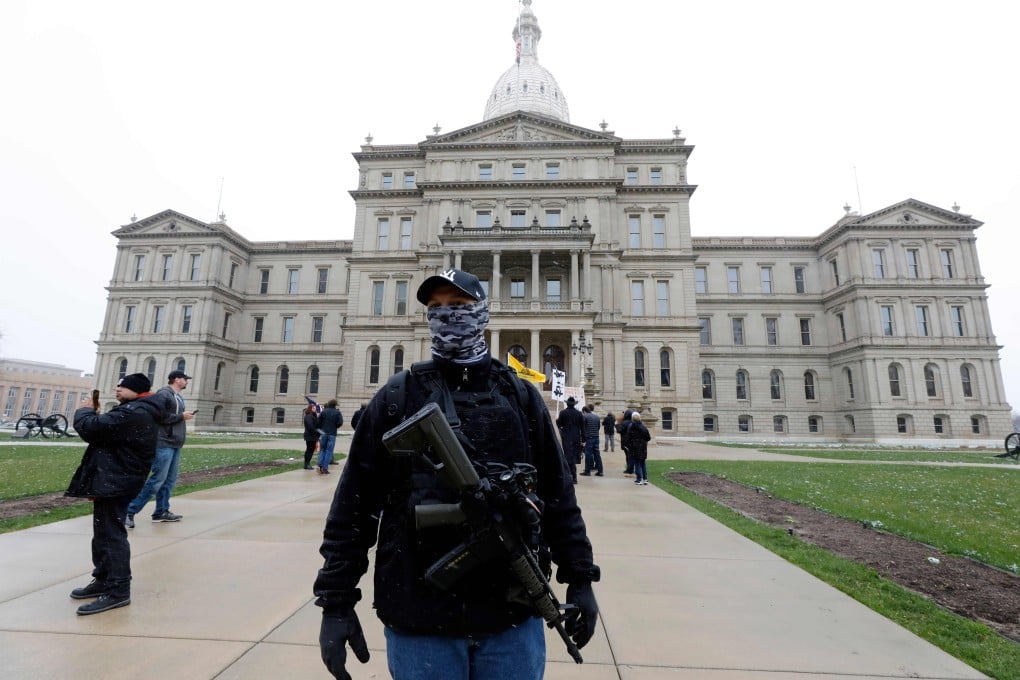Opinion | How Michigan is coping with its coronavirus shutdown
- Some residents in the US state, known as a virus hotspot, are less willing than others to bear the economic costs imposed for the benefit of public health
- While there have been protests against the shutdown, local institutions such as carmakers are making masks and ventilators at otherwise idling plants

MorningConsult/Politico found that 75 per cent of those surveyed thought it more important for the government to address the spread of the virus than the impact on the economy, with 81 per cent believing social distancing should continue as long as needed. This was so even though 22 per cent had a friend or family member, and 13 per cent a household member, who had lost their job; 18 per cent believed their community had been badly affected by the outbreak; and the American social safety net is weaker than in other advanced economies.
The University of Michigan’s consumer survey recorded a sharp plunge in consumer confidence in April, finding that consumers’ most important concern was their health (61 per cent), followed by personal finances (23 per cent) and social isolation (13 per cent). Pew Research found that more people were worried state governments would lift restrictions too quickly (66 per cent) than too slowly (32 per cent), and most (65 per cent) thought the Trump administration had acted too slowly to curb the virus.
As of April 20, Michigan ranked behind only New York, New Jersey and Massachusetts in number of positive tested cases (32,000), and behind the first two in number of deaths (2,468), with a median fatality age of 75. Like them, it has a highly globalised economy, here centred on the global auto industry, and is serviced by a major international airport that has maintained flights to Europe and Asia throughout the crisis.
Some 77 per cent of the cases and 82 per cent of the deaths in Michigan have occurred in the city of Detroit and adjacent counties (Oakland, Wayne and Macomb) around the Detroit Metropolitan Airport. As elsewhere, African-Americans have been disproportionately affected, accounting for 33 per cent of cases and 41 per cent of deaths while making up only 14 per cent of the state’s population.

